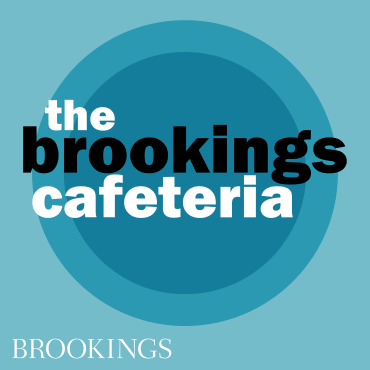“Go and interview a restaurateur in central London near Piccadilly or go and interview a theatre manager in central London about how their business was in central London in August of 2012 [during the Summer Olympics] and they’ll say ‘It was awful. It was like the great depression,’” says economist Andrew Zimbalist in this podcast. Zimbalist, a professor of economics at Smith College and the author of Circus Maximus: The Economic Gamble Behind Hosting the Olympics and the World Cup (Brookings Institution Press, 2015), reveals the real economic costs and benefits of hosting mega-sporting events and discusses the prospects of FIFA following the corruption scandal. “This is what the modern Olympics and the modern World Cup are really about,” he says. “It’s the Circus Maximus in the old days of referring to these gigantic stadiums and elaborate facilities, but it’s also a Circus Maximus in the sense that it’s a circus.”
Also in this episode, Fellow John Hudak, managing editor of FixGov blog, offers his “What’s Happening in Congress” update.
Show Notes:
- Circus Maximus: The Economic Gamble Behind Hosting the Olympics and the World Cup
- Sports, Jobs, and Taxes: The Economic Impact of Sports Teams and Stadiums, Andrew Zimbalist and Roger Noll
- Andrew Zimbalist explains how FIFA treats the Women’s World Cup differently than the Men’s
- Olympics numbers don’t add up (Zimbalist op-ed in Boston Globe)
Subscribe to the Brookings Cafeteria on iTunes, listen on Stitcher, and send feedback email to [email protected].
The Brookings Institution is committed to quality, independence, and impact.
We are supported by a diverse array of funders. In line with our values and policies, each Brookings publication represents the sole views of its author(s).


Commentary
PodcastThe economic consequences of hosting the Olympics and the World Cup
July 24, 2015
Listen on
Brookings Cafeteria Podcast